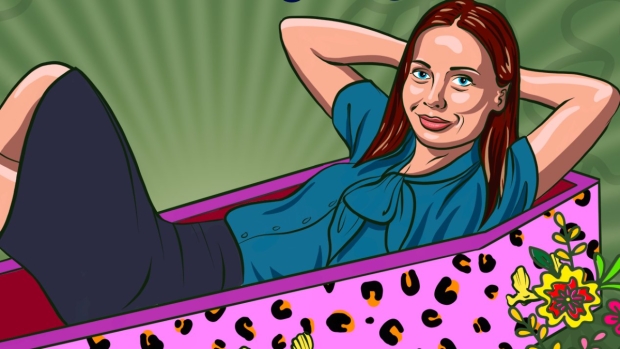Director Catherine Paskell: 'we have an opportunity to use this Fringe to make subsequent ones better'
Director Catherine Paskell of Dirty Protests reflects on this most unusual year for the Fringe

2021 is my twentieth anniversary of taking productions to the Edinburgh Festival Fringe! The only year I haven't presented anything in that whole time was last year – 2020 – and it was heartbreakingly sad that everything was closed. This year on 26 August we're hosting an online panel discussion: "Is the future hybrid?" to explore how the Fringe can learn from the past 18 months to be more inclusive, sustainable and better for artists' wellbeing than in previous years.
The Fringe is different this year. On the ground in the city, it's a much more localised festival, and is much more affordable and accessible with a smaller programme overall, but with many more shows that are online. With a different approach to programming and seeing work, we have an opportunity to use this year to make subsequent years better than the over-commercialised, too-pressured years the sector previously thought were par for the course.
Dirty Protest has received critical and commercial success in previous Edinburgh Fringe years. The festival is a showcase for the writers of our plays, who are subsequently commissioned by larger organisations after seeing their work for us (Alan Harris of Sugar Baby 2017-18 went on to write BBC's BAFTA-award winning The Left Behind; Siân Owen of How To Be Brave was commissioned to write for the National Theatre and Michael Sheen's Under Milk Wood for the Olivier stage). We are returning in 2021 because we want to showcase writer Rhiannon Boyle's wonderful talent as a playwright on a larger stage and promote Welsh talent.
Rhiannon's play Kill Me Now is an original work created for Zoom. It's live and digital; like an in-person show just experienced from the comfort of your own home. The play integrates audience interaction, and BSL interpretation, and live captions, so is fully accessible for Deaf audiences, just like a real Zoom webinar would be. We haven't seen other theatre work that has embraced this form in this way, to create a live performance piece that feels it was only made for the audience on that day. The process has been very similar to making an in-person show, because for Dirty Protest our focus is always on the writing, and the connection with the audience. This is the same whether the work is in-person or digital. The main difference is that we work shorter days, because working on Zoom with a constant focus on your own face is more physically and emotionally exhausting than in a room.
The other difference is that making digital work is more accessible. More people can join in – IF you create the safe space to allow people in, and provide the necessary resources for them, such as captions for hard of hearing people. It means more Deaf and disabled people can engage with what Dirty Protest do, whereas they may usually not be able or want to leave the house to join in. It's vital to bring in the right people to make the work; people who understand the specifics of the tech you need for any show (Kill Me Now's video artist and technician Jorge Lizalde understands exactly how to make the show look beautiful, authentic, and to run like a dream) and who know what needs to happen to make the work democratic and accessible (our integrated access dramaturg is Deaf artist Jonny Cotsen).
Dirty Protest will continue to make in-person and digital work, we are embracing the hybrid model as it means we can work with more people, we can make more friends, and we can serve more artists and audiences. Who would want anything else?












